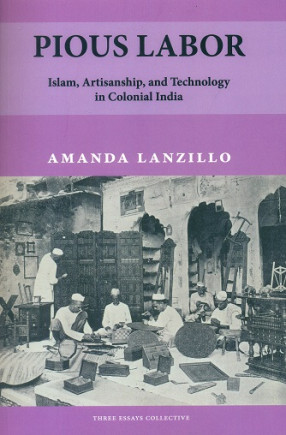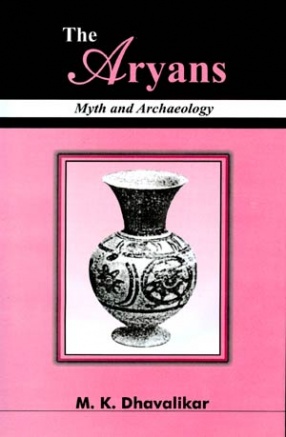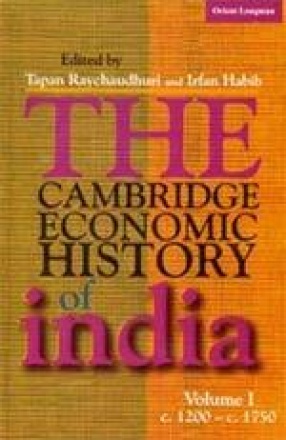Pious Labor: Islam, Artisanship, and Technology in Colonial India
Pious Labor’ argues that artisans in colonial India were not passive subjects of colo- nial industrial and technological change. By harnessing the increasingly accessible popular print culture to redefine Islamic traditions “from below”, Muslim workers in the United Provinces and Punjab challenged their own economic and religious marginalization. Between the 1860s and 1930s, they asserted narratives of an “artisan Islam” in an effort to reclaim technical authority and status for their trades within the Indian economy. Drawing upon previously overlooked Urdu technical manuals and community histories that circulated within artisan groups, ‘Pious Labor’ examines colonial-era social and technological changes from the perspectives of the workers themselves - as religious and intellectual agents. Centering the stories and experiences of met- alsmiths, stonemasons, tailors, press workers, and carpenters, Amanda Lanzillo explores the deep relation between their religion and their labor, the materiality of artisanal production and the exercise of cultural agency. The book is relevant for those interested in histories of popular culture, religion, print, labor, minorities, industrial change, and society in colonial South Asia.
Get it now and save 10%
BECOME A MEMBER







Bibliographic information